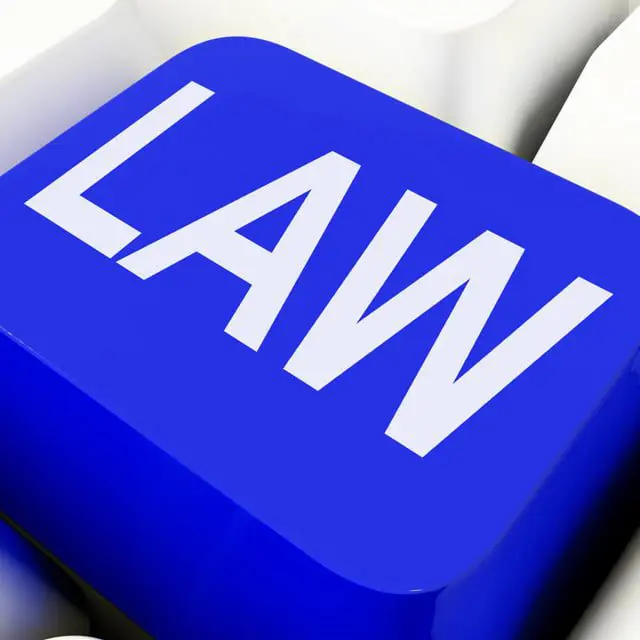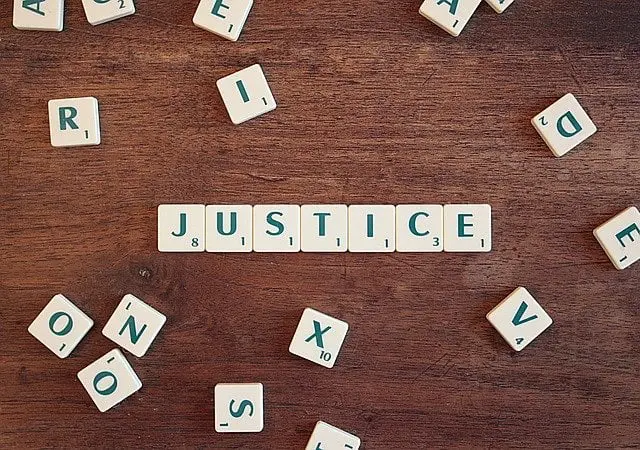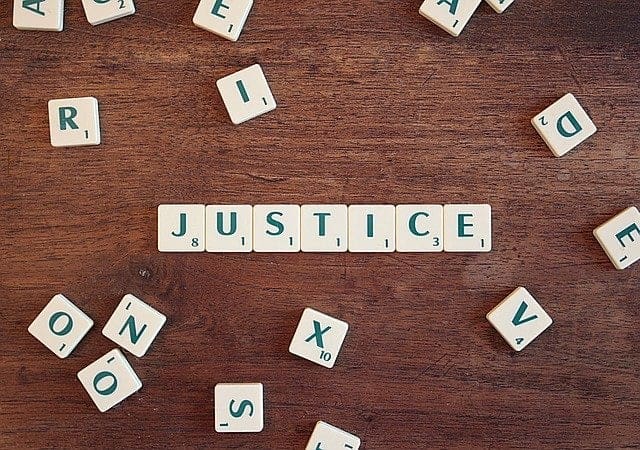Bail jumping, a term used in the criminal justice system, refers to an individual’s failure to appear in court after being released on bail. This situation is not just a minor infraction but a significant legal issue with serious consequences. Understanding the intricacies of bail jumping is crucial for anyone navigating the criminal justice system, whether as a defendant, a legal professional, or a concerned citizen.
When someone is arrested and charged with a crime, they often have the opportunity to post bail. Bail is a financial arrangement that allows the accused to be released from custody while awaiting trial. It is designed as a guarantee that the individual will return to court for their proceedings. The amount and conditions of bail vary depending on several factors, including the severity of the crime, the defendant’s criminal history, and the likelihood of the defendant returning to court.
However, when an individual fails to appear in court as required, this action is known as bail jumping. The legal consequences of bail jumping are severe. The most immediate consequence is the issuance of an arrest warrant. This warrant authorizes law enforcement to apprehend the individual and bring them back into custody. Additionally, the court typically forfeits the bail amount, which means that any money or property put up as bail is lost and becomes the property of the court.
The legal process to address bail jumping involves proving that the failure to appear was intentional. The prosecution must demonstrate that the accused knew about the court date and deliberately chose not to attend. This element of intent is crucial in bail jumping cases, as it distinguishes between an accidental oversight and a willful violation of court orders.
In some instances, defendants can provide valid reasons for their failure to appear in court. These reasons might include emergency situations or circumstances beyond their control, such as serious illness or unforeseen events that prevent them from attending. However, not all excuses are accepted by the court. For example, voluntary intoxication is generally not considered a valid reason for missing a court date, as it is deemed within the individual’s control.
Legal representation plays a critical role in cases of bail jumping. An experienced attorney can help navigate the complexities of the situation, provide advice on the best course of action, and represent the defendant in court. The lawyer can also assist in presenting any valid excuses for the failure to appear and negotiate with the court to minimize the repercussions.
Bail jumping laws and penalties can vary significantly from one jurisdiction to another. Different states have their own statutes and regulations governing how bail jumping is handled and the severity of the penalties imposed. These differences mean that the legal strategy and potential outcomes can vary widely depending on where the offense occurs.
To prevent bail jumping, it is essential for defendants to understand their legal obligations and the importance of adhering to court orders. Legal professionals, including attorneys and bail bond agents, should ensure that their clients are fully aware of their court dates and the consequences of failing to appear. They should also provide guidance and support to help clients comply with all legal requirements.
In conclusion, bail jumping is a serious offense that can have far-reaching implications for individuals involved in the criminal justice system. It underscores the importance of adhering to court orders and the need for clear communication and understanding of legal obligations. By fully grasping the concept of bail jumping and its consequences, individuals can better navigate the legal system and avoid the significant repercussions of failing to appear in court.
For more information – Bail Jumping Laws
Disclosure: Generative AI Created Article
















